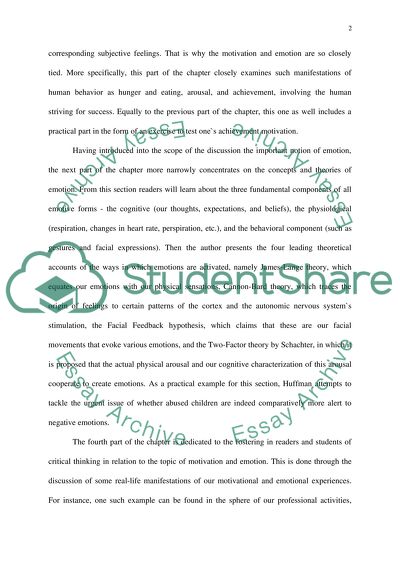Psychology in Action by Karen Huffman Book Report/Review. Retrieved from https://studentshare.org/psychology/1530770-motivation-book-reportreview
Psychology in Action by Karen Huffman Book Report/Review. https://studentshare.org/psychology/1530770-motivation-book-reportreview.


